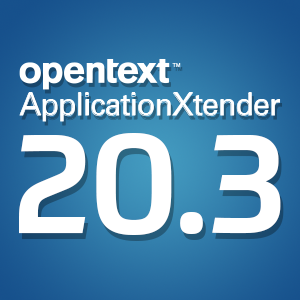Experts say information governance must be enterprise-wide commitment
Friday, June 21, 2013Information governance represents a challenge for many organizations, which are collecting rising volumes and variety of data. As companies look to gain greater control over data and mitigate potential risks, such as a leak or failure to meet an eDiscovery request, firms need the most robust electronic document management software.
In an interview with Metropolitan Corporate Counsel, Dean Gonsowski, senior director of business development at Recommind, explained that beyond the volume, velocity and variety of data that enterprises have to deal with, there are additional issues relating to the changing value of information, which is dictated by regulatory inquiries, litigation and privacy.
"Information governance is the challenge of optimizing the value of your information while controlling the risks and the costs associated with that same piece of information," Gonsowski explained to the source.
According to Gonsowski, an organization that is fragmented in its information governance capabilities automatically multiplies its risk. Due to siloed legal, IT, compliance and information security departments, these firms often struggle to maintain consistent policies and procedures.
A strong program
Smart Data Collective explained that information governance is an ongoing initiative for the majority of enterprises. In order to ensure the proper and ethical use of information, companies need to adapt policies, practices and structures to address any data management problems that may arise. The source advised that by implementing information governance as an enterprise-wide commitment, companies can ensure greater success.
First, Smart Data Collective noted that businesses must assess the value of the information assets that are held. The source explained that firms must also monitor how data is collected across the enterprise to identify any risks. One of the most difficult aspects of information management, according to the news provider, is that most firms are trying to resolve years of bad habits. The source emphasized that companies must conduct quantitative assessments of data to establish a baseline for these efforts and move forward. Further, Smart Data Collective noted that these programs have to address complex issues across the organization, and improvements will need to be measured over a span of months as opposed to days. Thus, information governance demands a strategic approach, allowing flexibility to evolve over time. An optimal governance process has standards in place but can also grant exceptions as needed, depending on regulations and business priorities. Lastly, the source stressed that companies should seek continuous improvement, always revisiting past activities through auditing and monitoring.
With an effective plan for information governance, enterprises have the opportunity to strengthen compliance while also ensuring data is accurate, organized and accessible.
Brought to you by Image One Corporation providing complete information governance since 1994.




